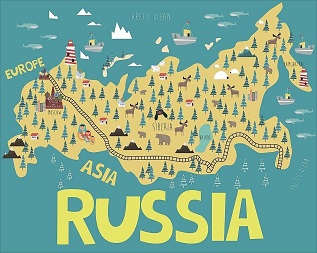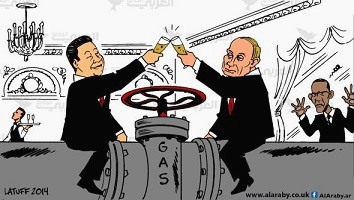This European region could be the next Ukraine
The conflict between Russia and the West won’t end after Kyiv is no longer viable as a proxy
The “Ukraine crisis” is not actually an accurate name for what is happening now in relations between Russia and the West. This confrontation is global. It touches virtually every functional area – from finance to pharmaceuticals to sport – and spans many geographical regions.
In Europe, which has become the epicenter of this confrontation, the highest level of tension outside Ukraine is now in the Baltic region. The question often asked in Russia (and in the West) is: Will this become the next theater of war?
In Western Europe and North America, a scenario has long been contemplated in which the Russian Army, after its victory in Ukraine, continues to march forward – next seeking to conquer the Baltic republics and Poland.
The purpose of this simple propaganda fantasy is clear: to convince Western Europeans that if they do not “invest fully” in supporting Kyiv, they may end up with a war on their own territory.
It is telling that almost no one in the EU dares to publicly ask whether Moscow is interested in a direct armed conflict with NATO. What would its aims be in such a war? And what price would it be willing to pay? Obviously, even posing such questions could lead to accusations of spreading Russian propaganda.
Our country takes note of provocative statements made by our northwestern neighbors, the Poles, the Baltic states, and the Finns. They have referred to the possibility of blockading the Kaliningrad exclave by sea and land, and closing Russia’s exit from the Gulf of Finland. Such statements are mostly made by retired politicians, but sometimes sitting ministers and military officers also raise their voices.




























